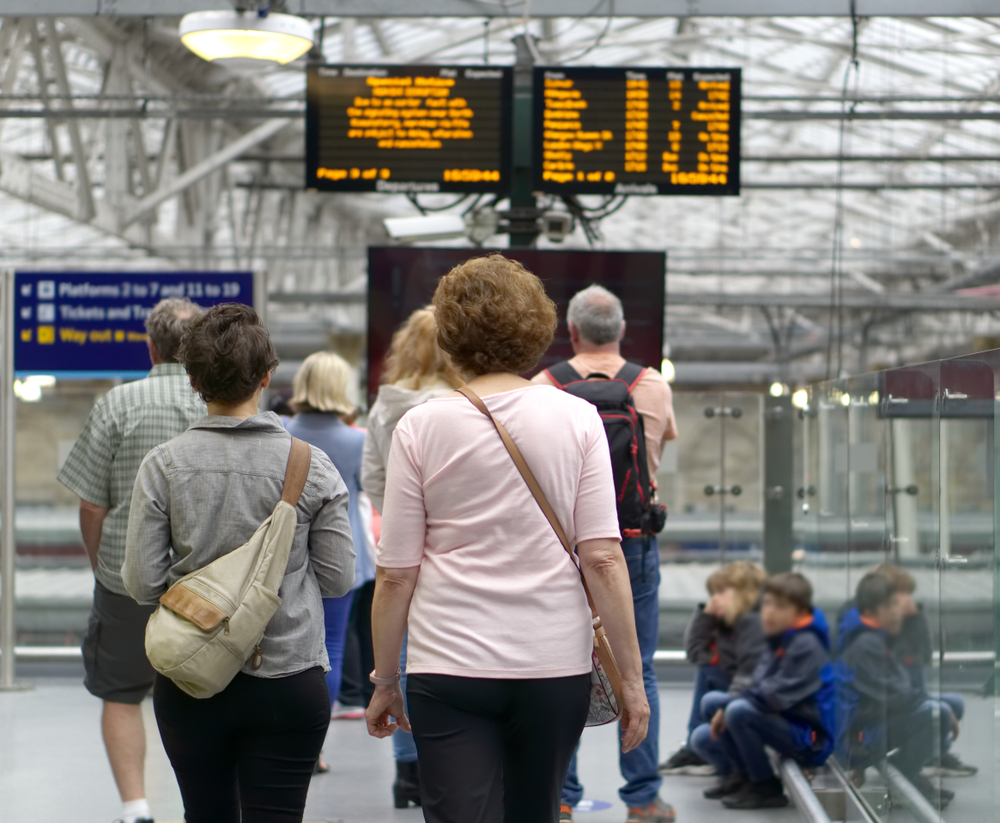Household Bills
Bad news for commuters as rail fares set to rise by 3.2%

Guest Author:
Paloma KubiakRail commuters will be hit with a 3.2% rise in fares from January 2019, despite ongoing timetable issues and stagnant or falling real incomes.
The Retail Price Index (RPI) measure of inflation for the 12 months to July 2018 stood at 3.2%, according to the Office for National Statistics (ONS).
July’s RPI rate is used by the government as a benchmark to set a cap on how much regulated fares can rise by in England, Scotland and Wales (Northern Ireland has its own devolved scheme of setting rail fare prices).
As a result, regulated fares, including season tickets and some off-peak/super off-peak return tickets on long distance journeys could rise by as much as 3.2% in January. This comes after passengers were hit with a 3.6% hike in January this year.
This means a commuter travelling from Brighton to Victoria will pay nearly £4,471 as part of their annual season ticket, up from £4,332. Stirling to Glasgow Queen Street will cost £2,230, up from £2,160, and for Manchester to Preston commuters, tickets will rise from £2,836 to £2,927.
The price increase excludes unregulated fares – first class tickets and advance purchase tickets – which aren’t overseen by the government. These are set by train companies.

How life insurance can benefit your health and wellbeing over the decades
Sponsored by Post Office
Anthony Smith, chief executive of independent transport user passenger watchdog, Transport Focus, said: “After a torrid summer, passengers hit by the timetable crisis will be amazed that the talk is about a fares increase. A fares freeze would benefit all passengers and begin the process of re-building trust and start to bring passengers back to a railway they can rely on.
“On top of stagnant or falling real incomes rail passengers will feel the heat of any annual fares increase in regulated fares.
“We know less than one third (30%) of rail commuters are satisfied with the value for money of their ticket. Despite substantial investment in new trains and track, many passengers have yet to experience a more reliable railway with accurate information, less disruption and better value for money.”
‘No logical explanation for RPI’s continued use’
Transport Focus has long argued that it’s time to use the Consumer Prices Index (CPI), rather than the Retail Price Index, to set rail fares.
Laura Suter, personal finance analyst at investment platform AJ Bell, said: “The ONS has branded the RPI measure of inflation as ‘flawed’ with ‘serious shortcomings’ and does not recommend it being used, so it remains baffling as to why the government continues to clobber everyone with price hikes based on an inaccurate measure.
“The fact that CPI is used for hikes that benefit Brits, such as state pension increases, tax credits or public-sector final salary schemes, while RPI is used for price hikes on rail fares and setting interest rates for student loans beggars belief. There is no logical justification for RPI’s continued use, and the government’s insistence on using whichever measure best suits it should end.”
CPI came in at 2.5% in July.